My first shift at work presenting as a woman -- wearing makeup and the female uniform -- was two and a half years ago. It was the scariest day of my life. Even writing this now, I'm in tears.
I'm Mandi Camille Hauwert, San Quentin's first openly transgender correctional officer. I started at San Quentin State Prison in California in December 2007. Back then, I went by Michael. I'd known since I was young that I wasn't like the other boys. Yet when I first arrived at the Q, as we call it, I had given up on transitioning from a man to a woman. I thought my six-foot frame, broad shoulders, and muscular build would prevent me from ever passing as a woman. Then I decided I didn't care.
I had many jobs before coming to work at San Quentin. I was a limo driver, video game tester, martial arts teacher. The most significant job I held, up to this point, was my four years as a damage controlman in the U.S. Navy. A few years after leaving with an honorable discharge from the Navy, I needed stability and a career. Friends suggested I become a correctional officer with the California Department of Corrections and Rehabilitation. But those days are beginning to feel as if they happened to someone else.
When I look back at this picture I took of myself, I realize I had little clue that I would somehow become a trailblazer within the trans community. It reminds me of how unprepared and naive I truly was. I had no idea the makeup I wore would become my war paint, the open expression of my burgeoning femininity, a weapon against the prejudice I would encounter within the walls.
Most of the inmates, even the ones on death row, show me respect. My fellow officers are less tolerant. They regularly use the male pronoun of "he" or "him" to address me, a subtle but stinging insult. On occasion I hear more overt language, like "it" or "tranny."
A fellow officer told me that his religious beliefs would not allow him to ever recognize me as anything but male. He told me I was an abomination in the eyes of God and that I would spend an eternity rotting in hell for my "choice."
To be fair, the administrators at San Quentin have supported my transition. They approved me to work as a female (my legal gender). They released a memo reminding the staff of the prison's sexual harassment policies. They check in with me often and always have an open door. In a few weeks I am going to take some time off for gender reassignment surgery. The system is far from perfect, but it will take time and a lot of work to improve it.
Hours before coming to work on that first day I wore my full makeup, I crawled into my bed. I did not want to go, did not want to suffer the jeers and laughter of being looked at as some freak. I felt the most intense fear I've ever felt. In just a few hours, I would walk through the gates of San Quentin, finally presenting myself as a woman.
This was not the first time I wore makeup in public or revealed my true self to strangers. I often dressed as a woman outside the confines of the prison. I kept my boy spaces and my girl spaces separate. "Girl spaces" were places where I felt comfortable enough, safe enough, to express my femininity. But this felt different. I wasn't going to a safe space; I would be facing down some of the toughest people in the state. In lipstick.
It took me three hours to get ready. I was so nervous that I kept wiping away what I had done, starting again. I have always been a bit of a perfectionist and that day was no exception.
I felt like I was having a panic attack on the drive to prison. My entire body was sore from my anxious shaking. After I parked, I sat in my car for a few unforgivably nervous minutes. As I walked to the front gate, a fellow officer walked by. "Bro," he said. "Have a good one."
I was misgendered by nearly every officer I saw as I walked to my post. It was like being there for the first time ever, revolver on my hip, rifle slung nearby. I could not believe that I had just walked those 15 minutes from my car to the wall post, walking past everyone, in makeup. I felt anything but brave. I thought I would be fired or dead within a month.
For any transgender person, transitioning in the workplace almost always proves to be extremely difficult. I imagine it was a complete shock for my colleagues at the prison.
Long before that first day, before I worked up the courage to don makeup, jewelry, or feminine clothing at work, I had a private coming-out to a few officers I trusted enough to keep my secret.
It left me feeling vulnerable. I worried that my friends would use this information against me. I could never quite find the right words to explain to them what I was and what I was not.
I talked to a supervisor and she told me I should have no issues in coming out and transitioning, that I was protected by law. And she personally expressed her hopes that it would go smoothly, that I would receive no trouble. I decided I could get away with coming out slowly.
I started off with subtle bits of makeup such as mascara and light shades of lip gloss. I would wear lingerie under my uniform, bra and panties. I hoped it would go by without much fanfare or recognition from my fellow officers. I could not have been more oblivious.
One night shift, I was called into the office of my supervisor. He asked another supervisor to join us and witness the conversation and asked, "What's with the makeup?"
It hit me: I was cornered, stuck in a situation of my own making. I responded with the words I had spent a lifetime avoiding: "I'm transgender."
The next month and a half was an impenetrable storm of uncertainty and morbid fear.
I was sure that I would be denied my right to work in the gender with which I identified or that I would be issued a pink slip. I knew the laws that protected me, but I was convinced that inevitably I would be found unsuitable to serve as a corrections officer.
But that was more than two years ago. I look back at that picture, that first night I found myself on top of the wall in makeup, carrying a gun. A female officer.
By the end of that first day, I had forever altered the way in which my coworkers, and the inmates, would interact with me. I was exhausted, elated, and strangely happy. I knew that I had done the right thing.
On the long drive home, I cried. I cannot remember if I was extremely happy or profoundly sad. All I know is that when I got home, stripped off that uniform, and melted into my bed, I had never felt better. I was content. I wasn't sure I could withstand the negative reaction. I knew that I was going to do it anyway.
MANDI CAMILLE HAUWERT is a correctional officer at San Quentin State Prison in Marin County, Calif., and a contributor to RatterSF. She also c-hosts The Queer Life, a radio show on KBBF 89.1 FM in Calistoga, Calif., from 6 p.m. to 8 p.m. every Friday. Contact Mandi by email or follow her on Instagram. This piece was originally posted on Ratter.com.
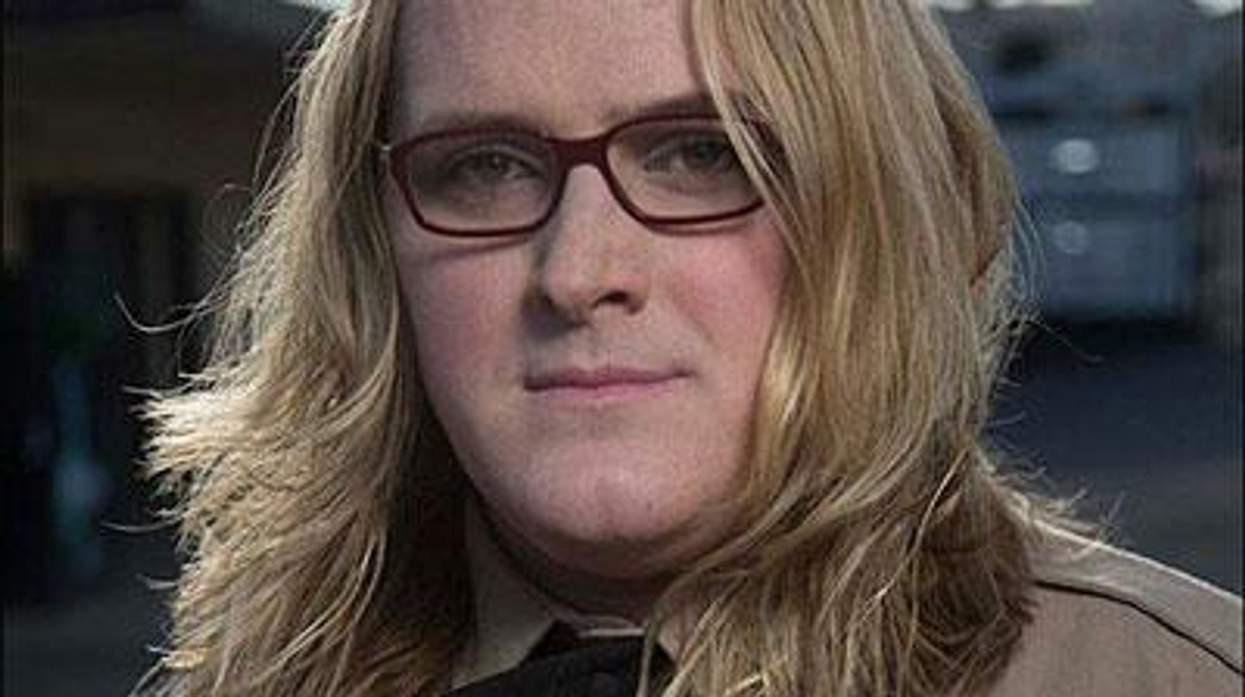








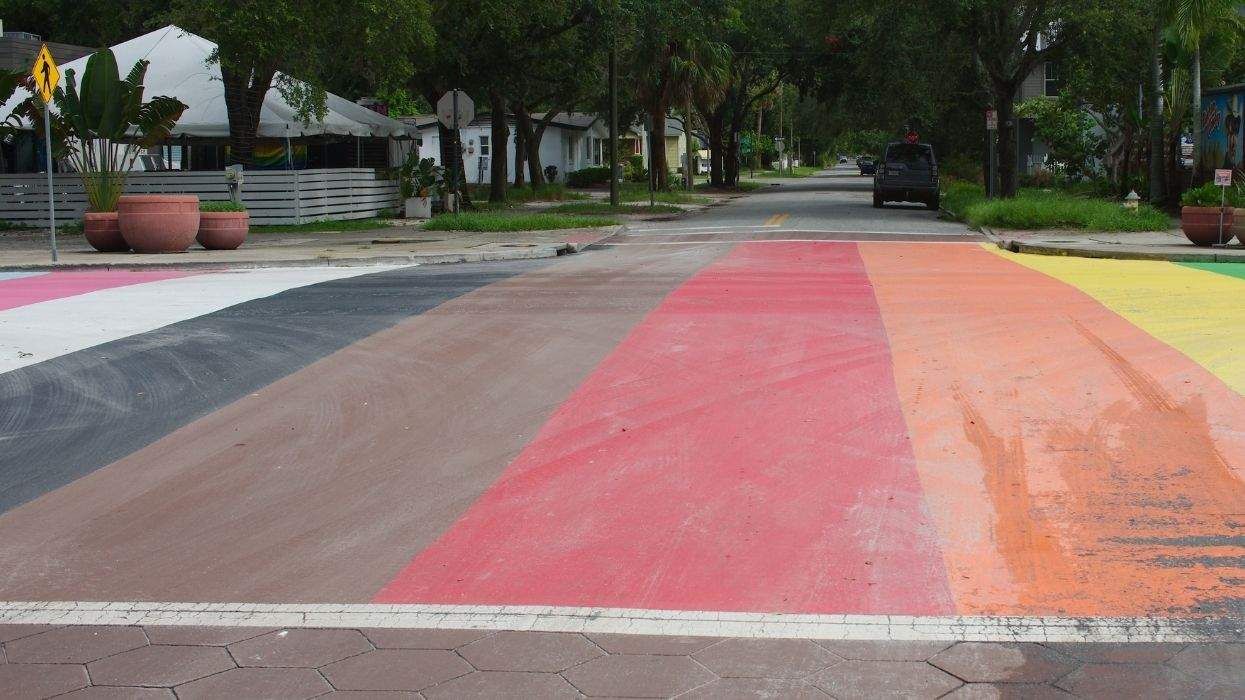
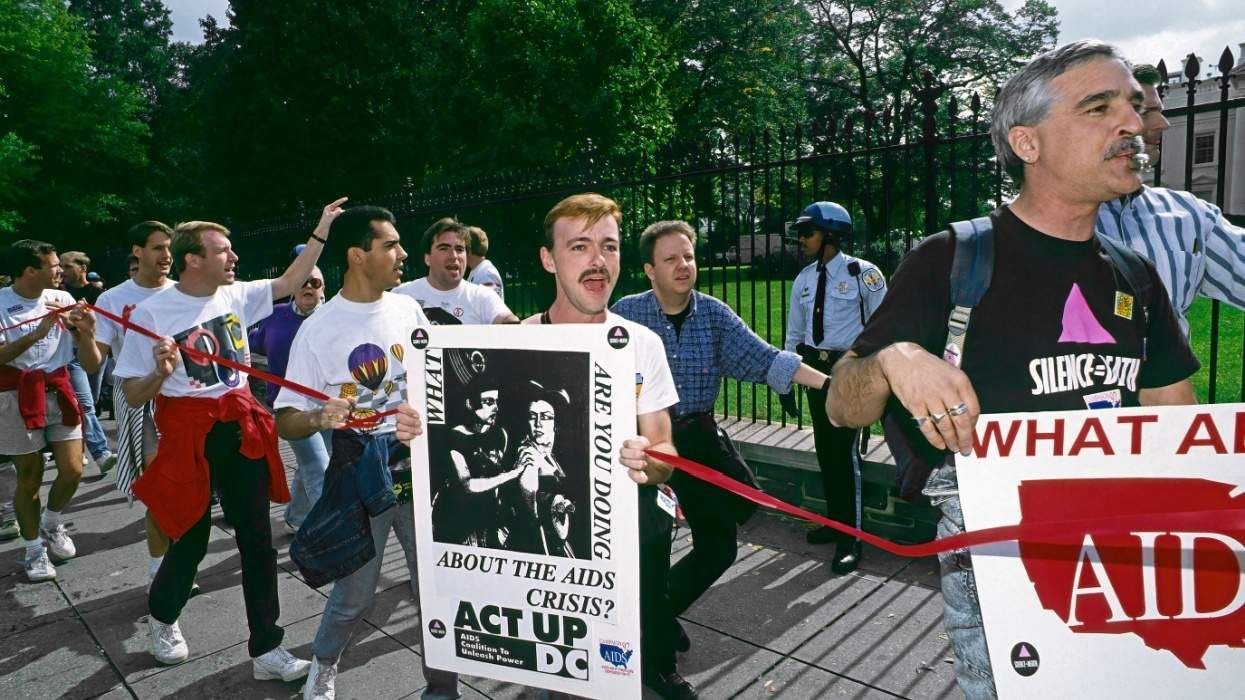
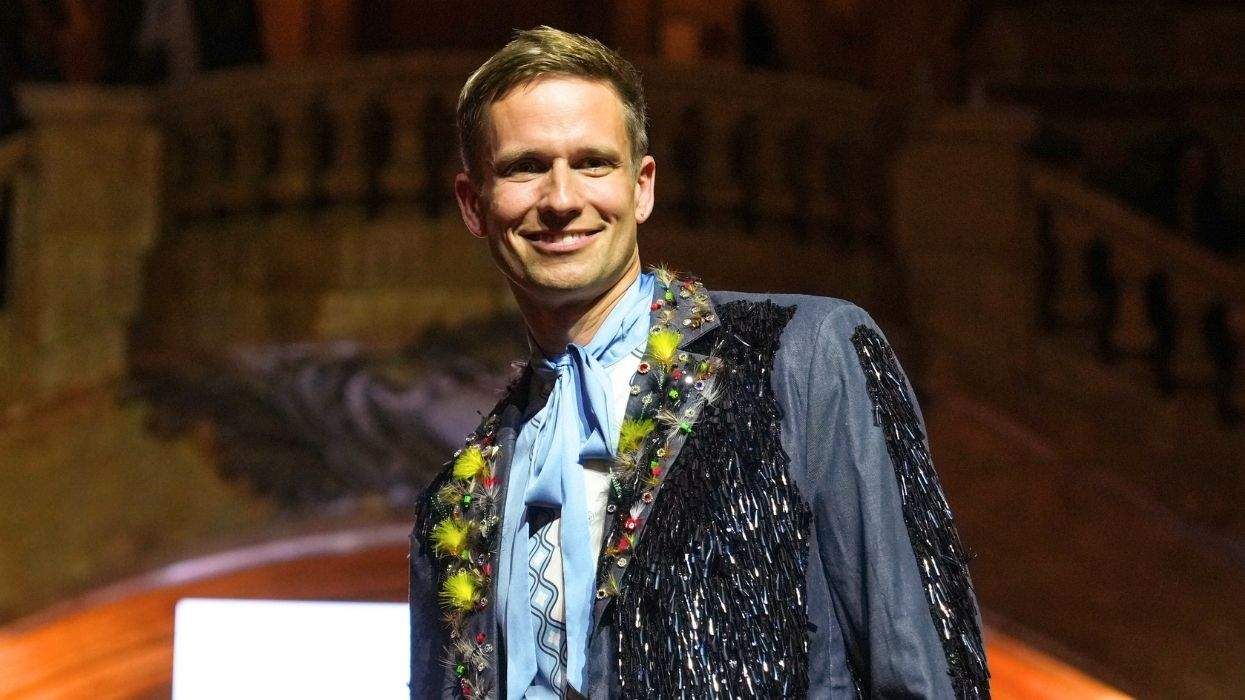
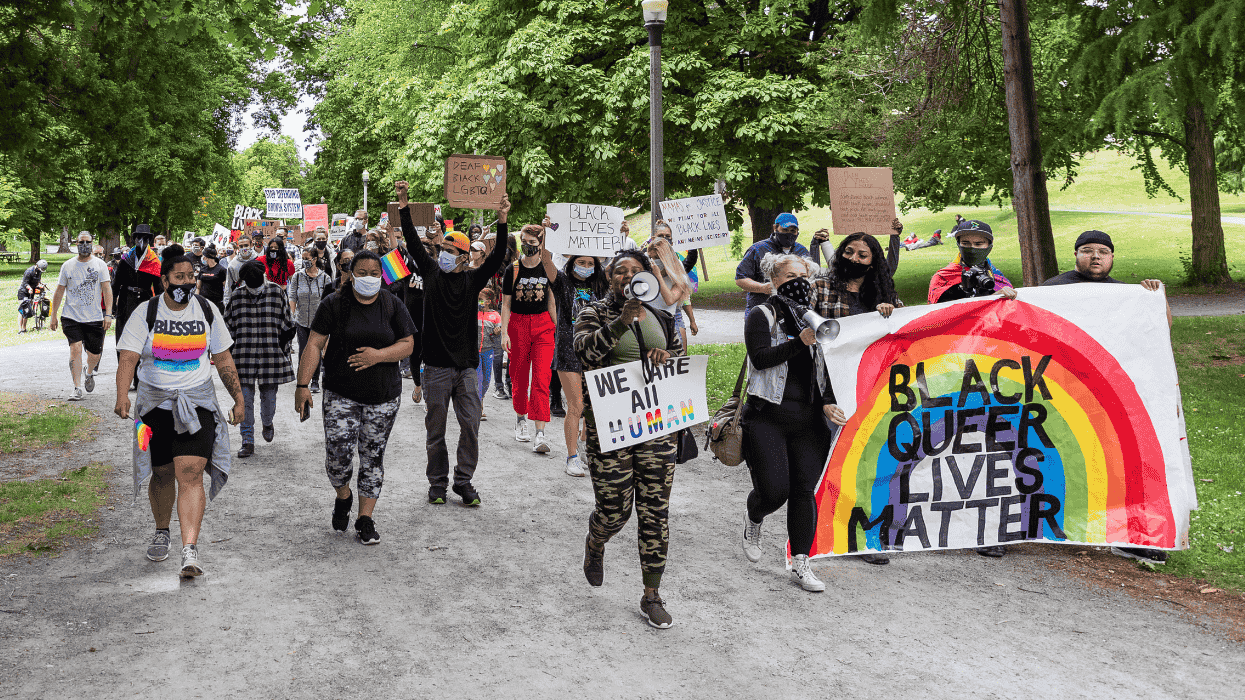
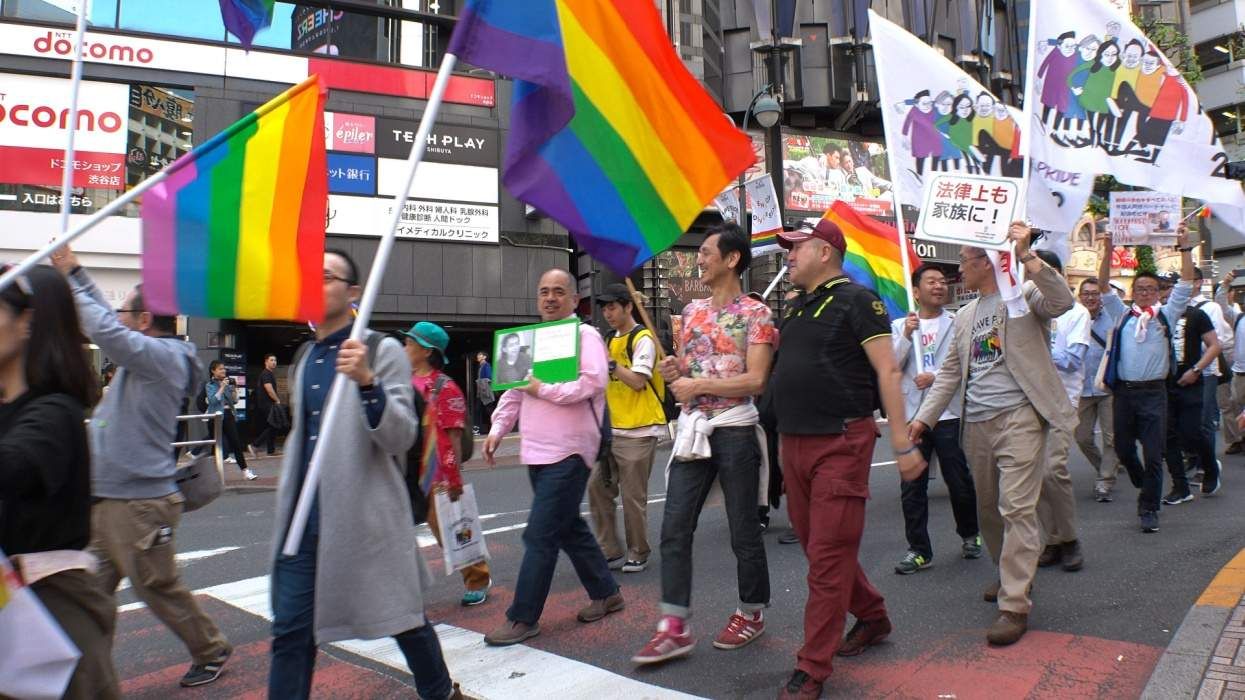
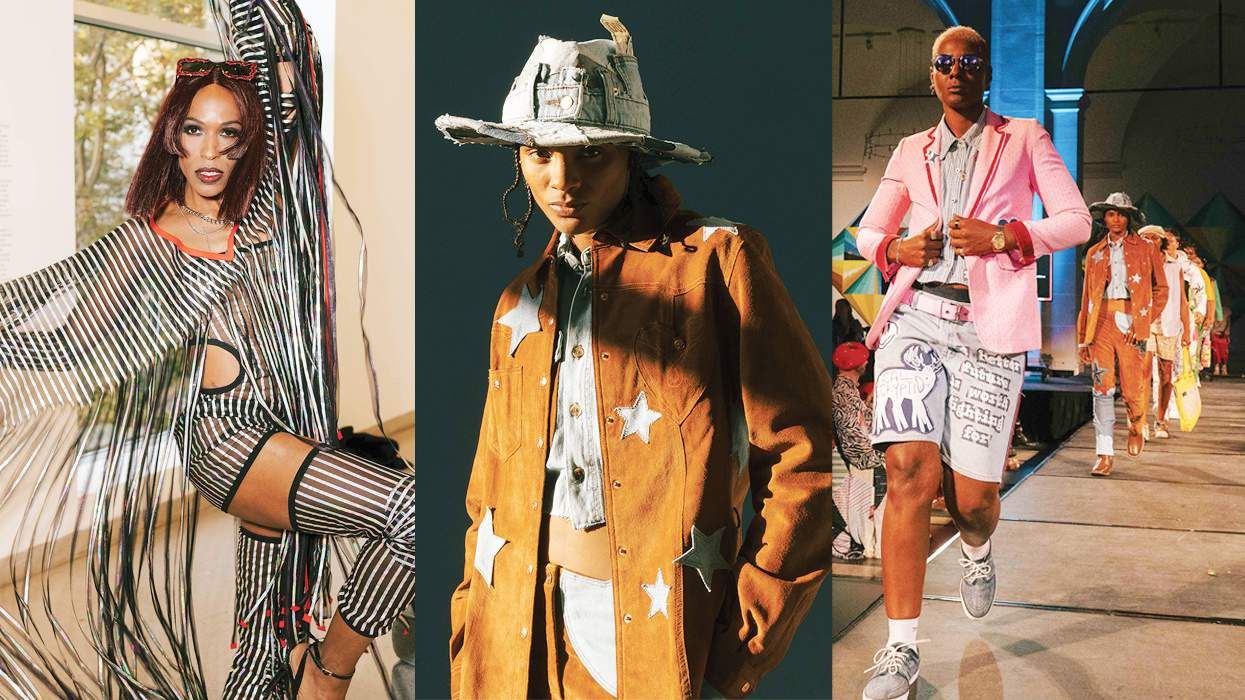

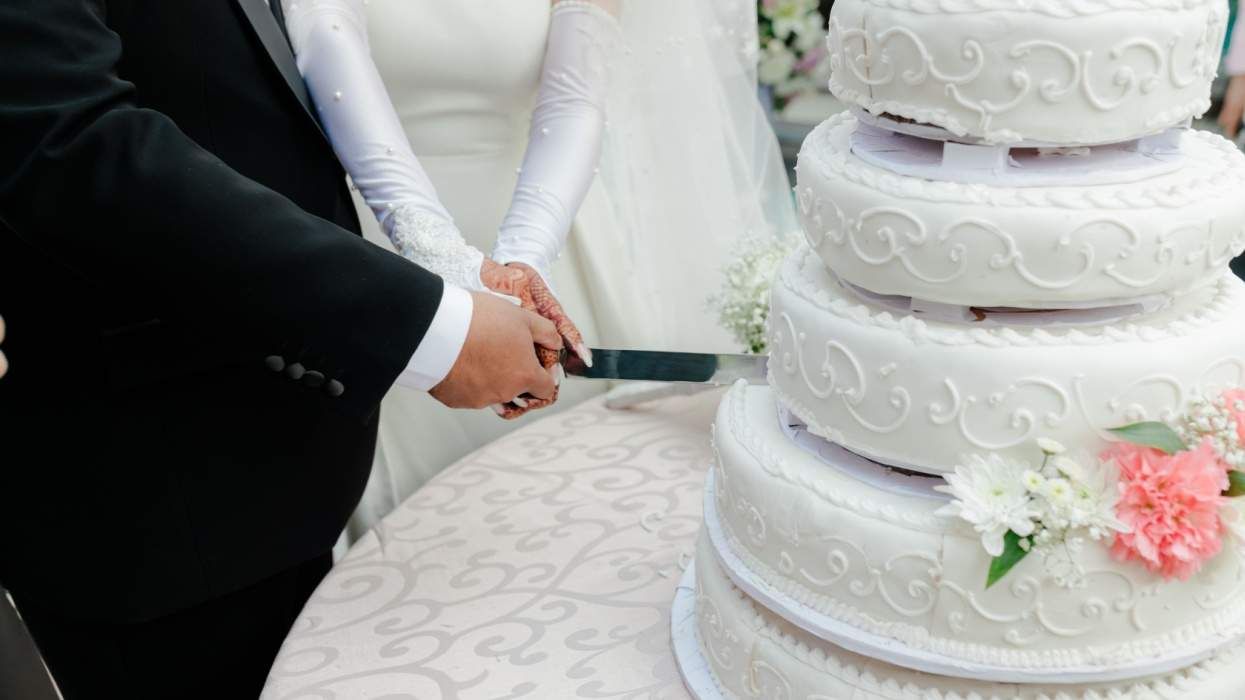


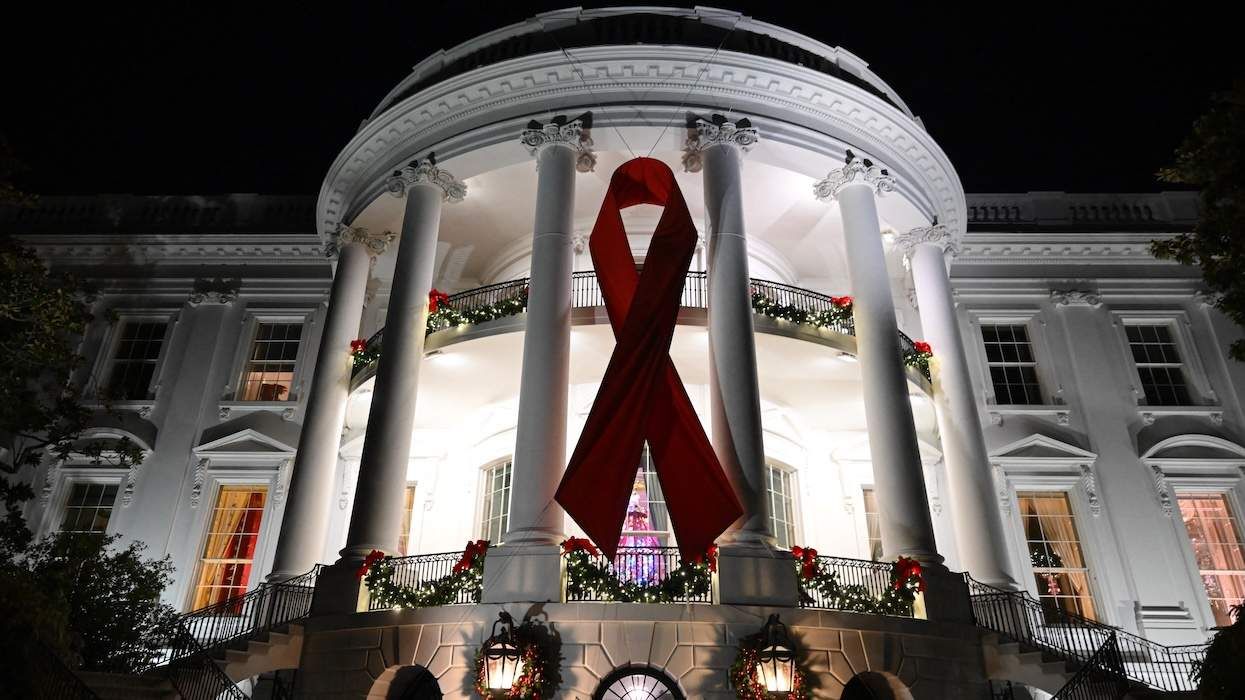

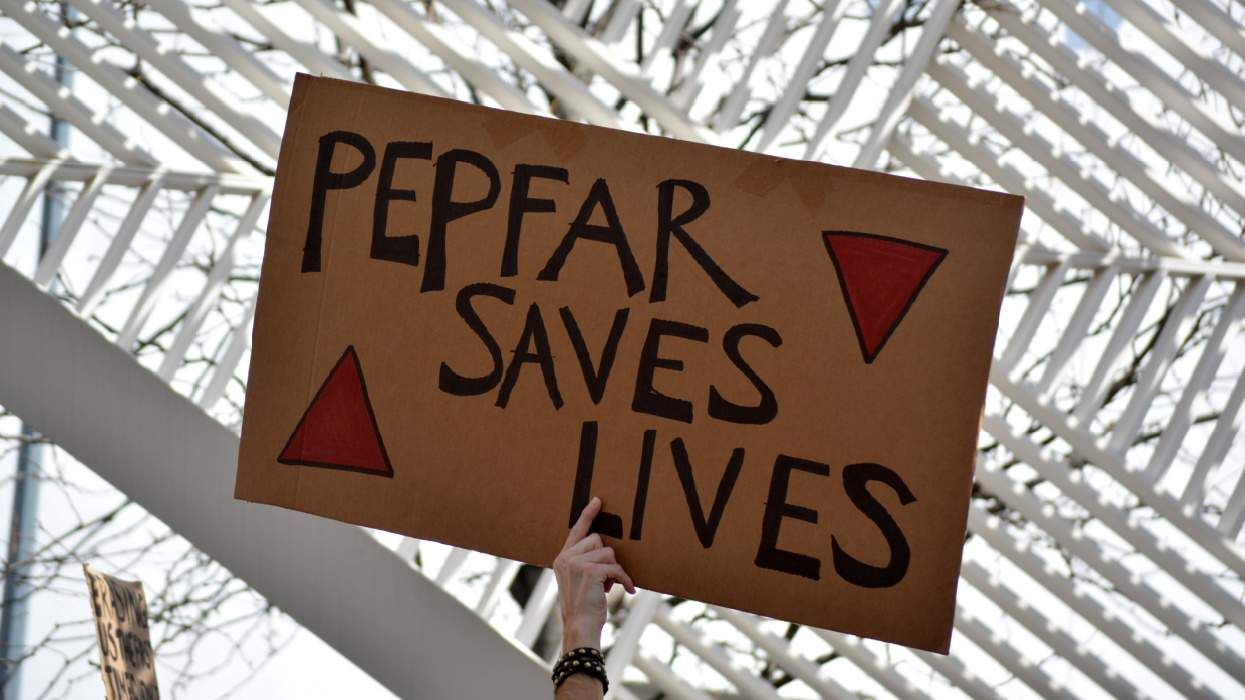

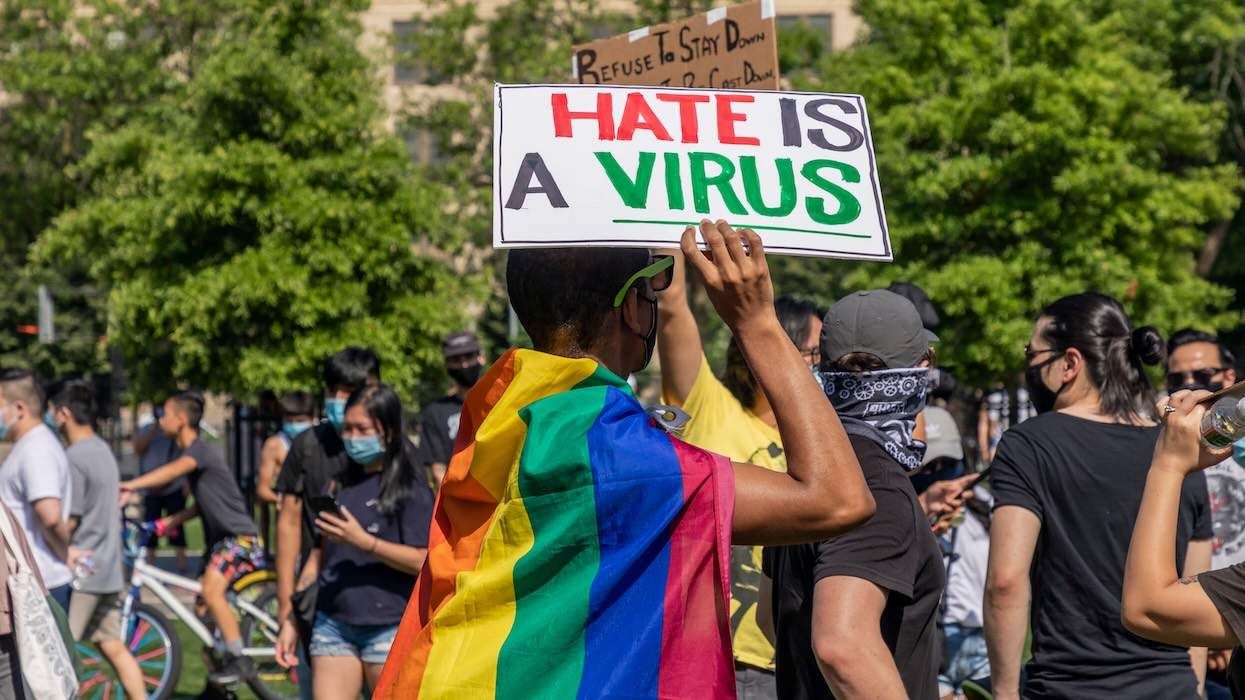



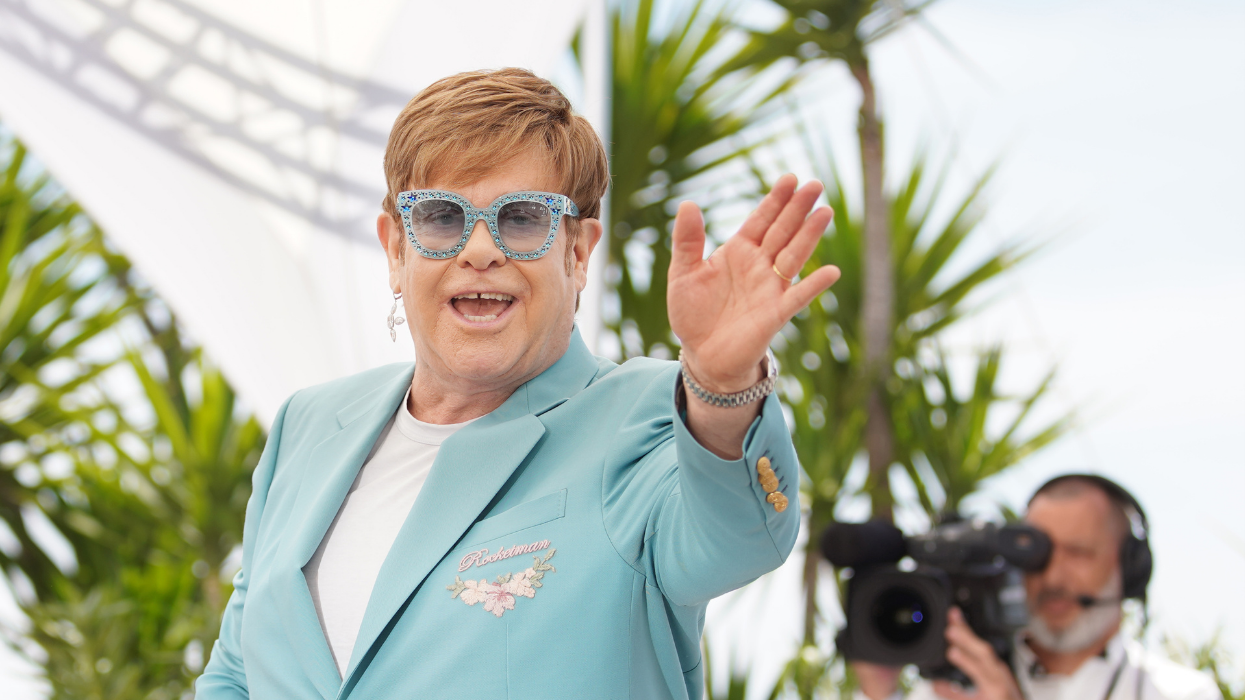




















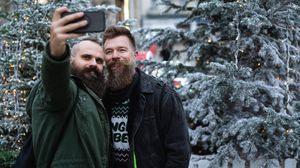

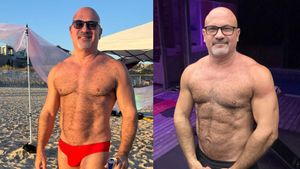

















Charlie Kirk DID say stoning gay people was the 'perfect law' — and these other heinous quotes